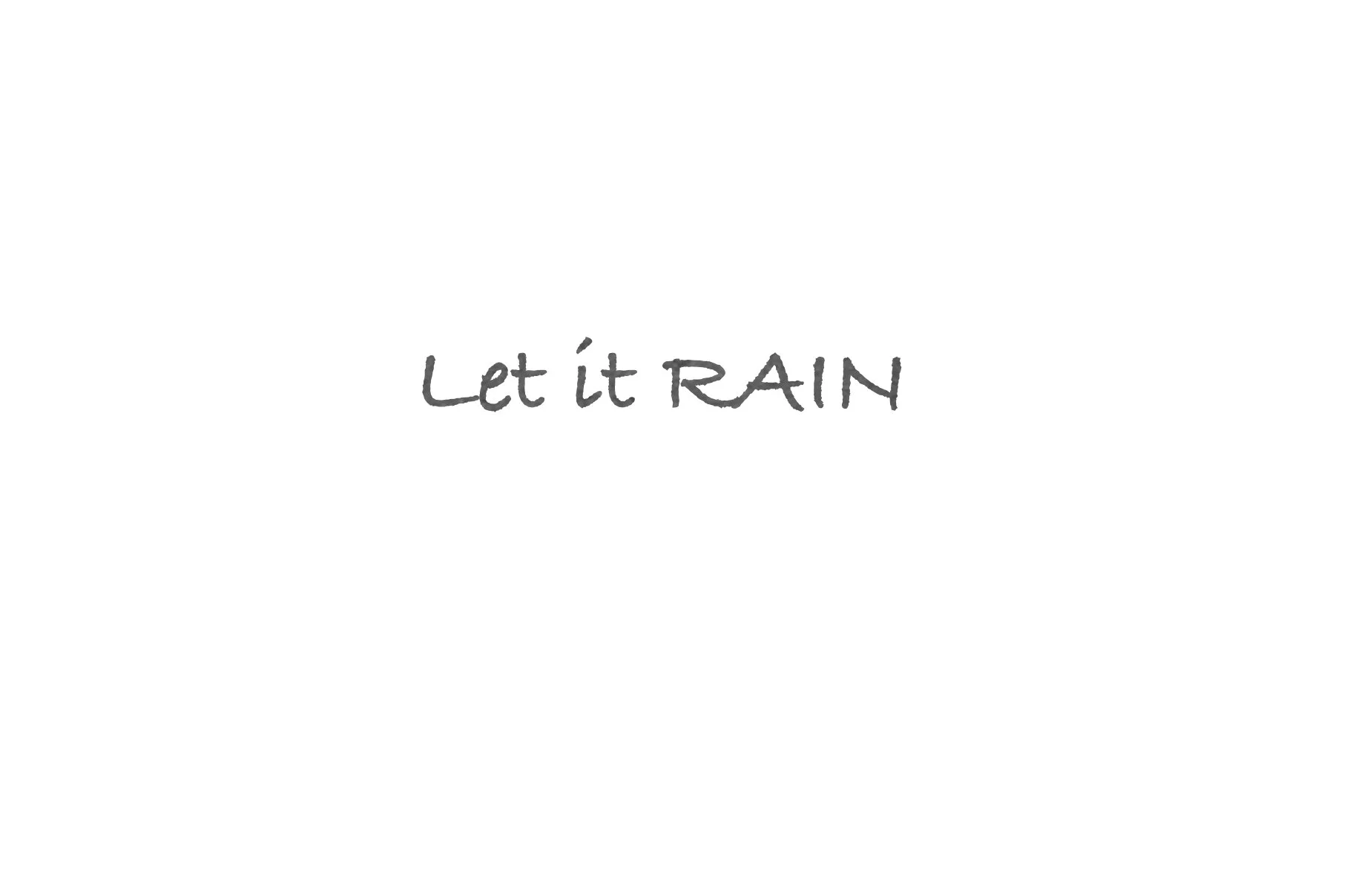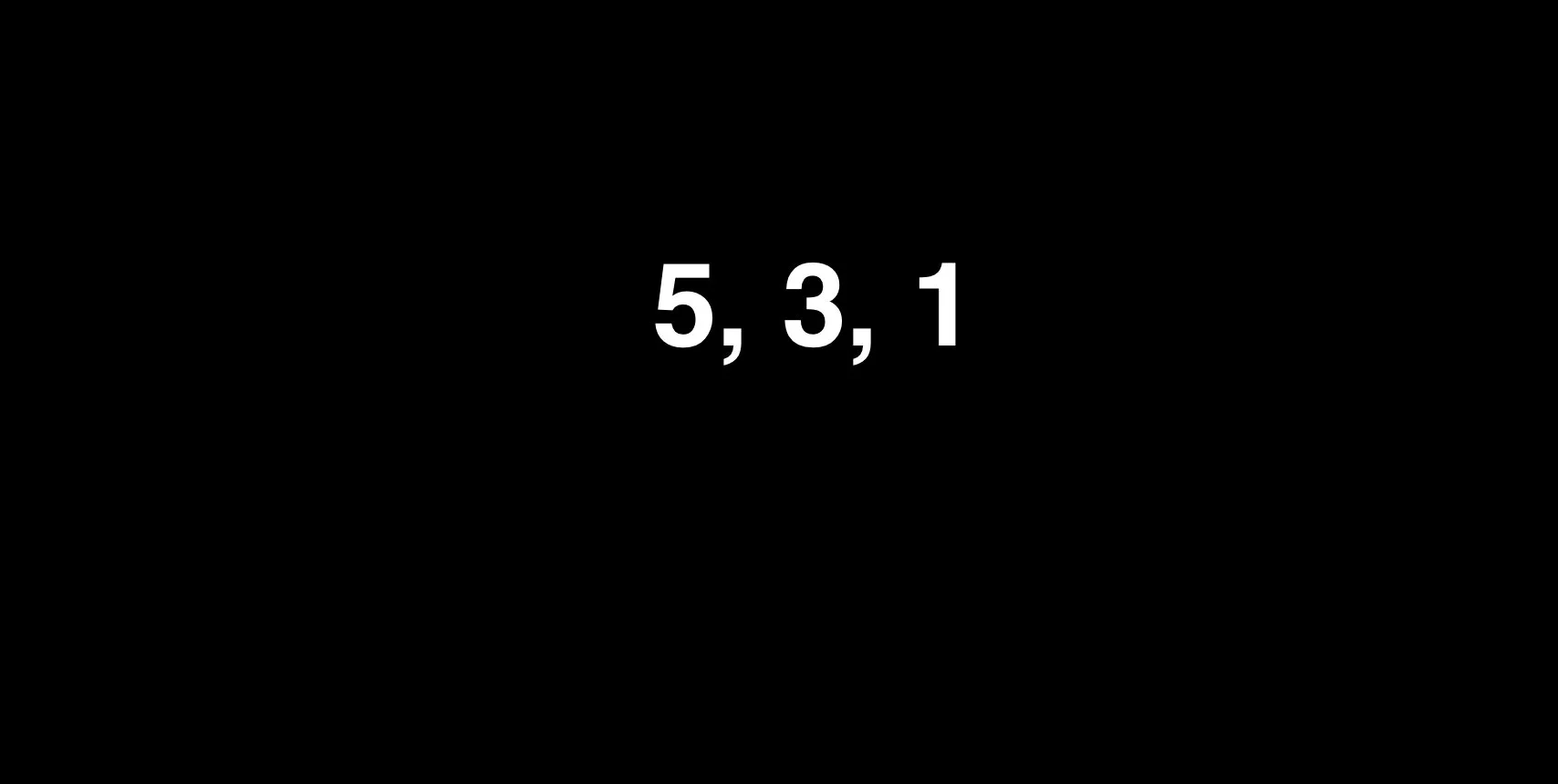In the face of strong winds, let me be a blade of grass. In the face of strong walls, let me be a gale of wind.
Quaker proverb
Stress expert, Robert Sapolsky, draws this severe scientific conclusion in his extensive research on humans under pressure:
“The biggest predictor of mortality across the board for all infectious disease is the degree of social isolation versus social affiliation...Social isolation, then, is a major health-risk factor.”
Yikes! This is not good news for us in the Covid-Era. A health pandemic in the world, a crisis in communities. Covid or not, we are all at risk. He goes on to say— “if you feel like you have no control over what is going on- this is the worst form of psychological stress.”
It is important to know that crisis presents both a danger and an opportunity. In our personal lives and at home, we have to look at how to make the dangers smaller and opportunities larger. Research shows that those who cope with stress effectively seek control in the face of present stressors and don’t get swept away with things that are out of their control.
In the face of strong winds- the corona virus is a strong wind; Let me be a blade of grass- we have to be flexible to- bend with the wind and not get swept away. This is resilience and here are some ideas for weathering this storm:
Routines and Rhythms- Creating new routines for yourself and your family can help reduce conflict in the home and give a sense of stability in this time of uncertainty. We might not know when its safe to stand close to people again- but we can know what time we eat, sleep and phone a friend.
Boundaries- Boundaries protect well-being and are necessary to create quality connections with ourselves and others. Boundaries with work means we honor when we are off. Boundaries with family means we take into account not only the needs of others, but our own as well- these have to co-exist and not live in opposition.
Transition- The work/school to home transition is now happening in a split-second. The first day I walked out of my newly formed home office and into the family room I was overwhelmed by the flood of needs- dinner needed to made, kids needed attention, the dog wanted exercise, school work needed checked. Micro-breaks can help with stress management and transitions. Small rituals like 5 deep breaths before you step out of the room, roll your shoulders back, stretching, turning a sign on your door to mark the end of the work day.
Stress- Understand that stress lives in the body. Pay attention to stress signals: stomach aches headaches, muscle tension, irritability, jaw clenching, difficulty concentrating or remembering things are just a few signs of stress. Relaxing the body, relaxes the mind. Exercise, stretching, dancing, playing outdoors and mindfulness are just a few ways to care for the mind and body.
Purpose- Find purpose in your day- this is protective for mental health. Size doesn’t matter. It could be to reach out to someone, learn to make something news, create- whatever it is- do something that has value to you.
Hope- Holding hope helps us move through worried feelings. Sapolsky advises that even in the most stressful situations, let a small part of you prepare for the worst and a large part of you hope for the best.
I hope this is a help to you. More sound-byte on these topics can be found here:
Alaska News Nightly (around minute 12:30)
March 20, 2020
KTVA Chanel 11 Nightly News
March 21, 2020




